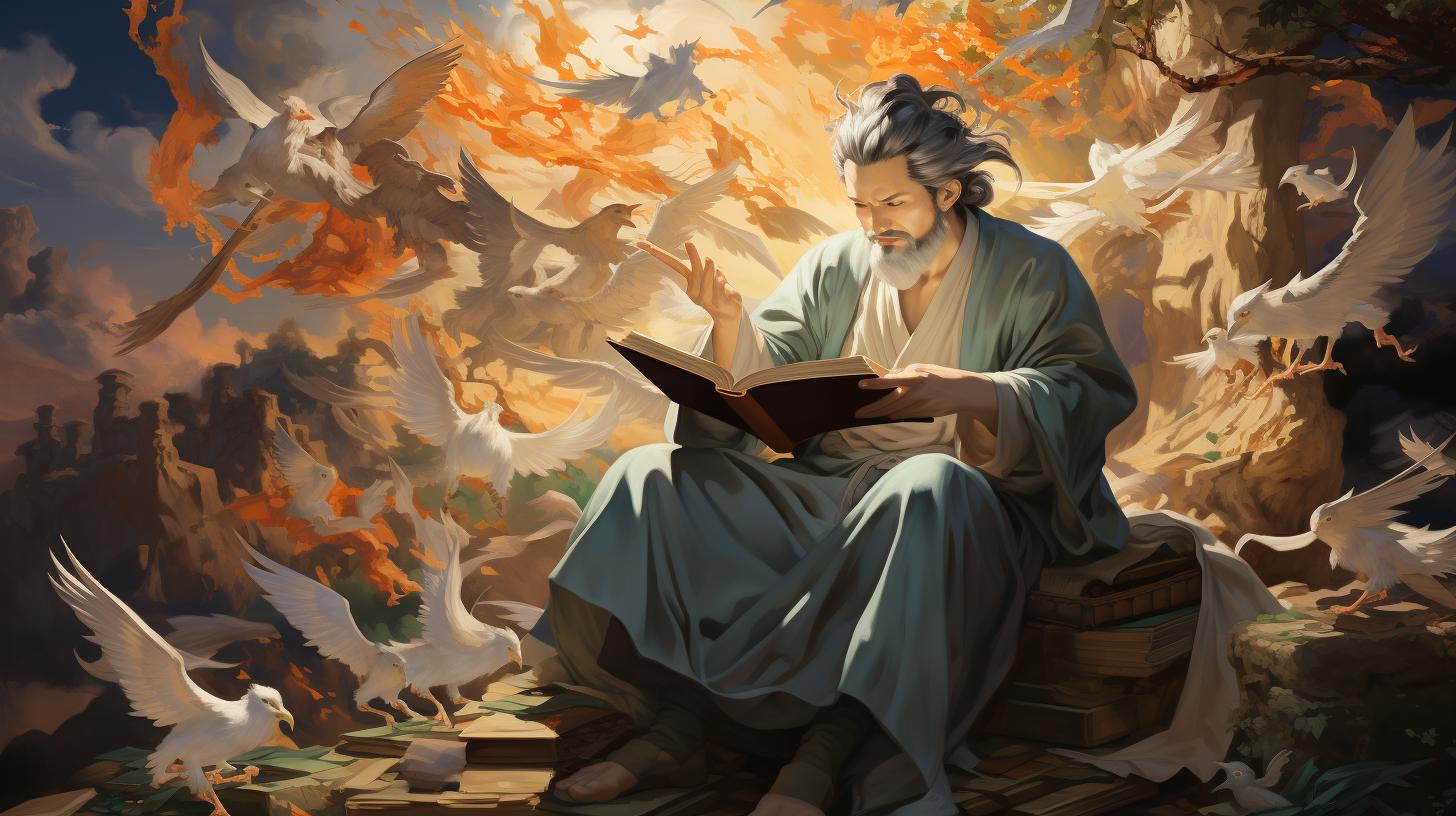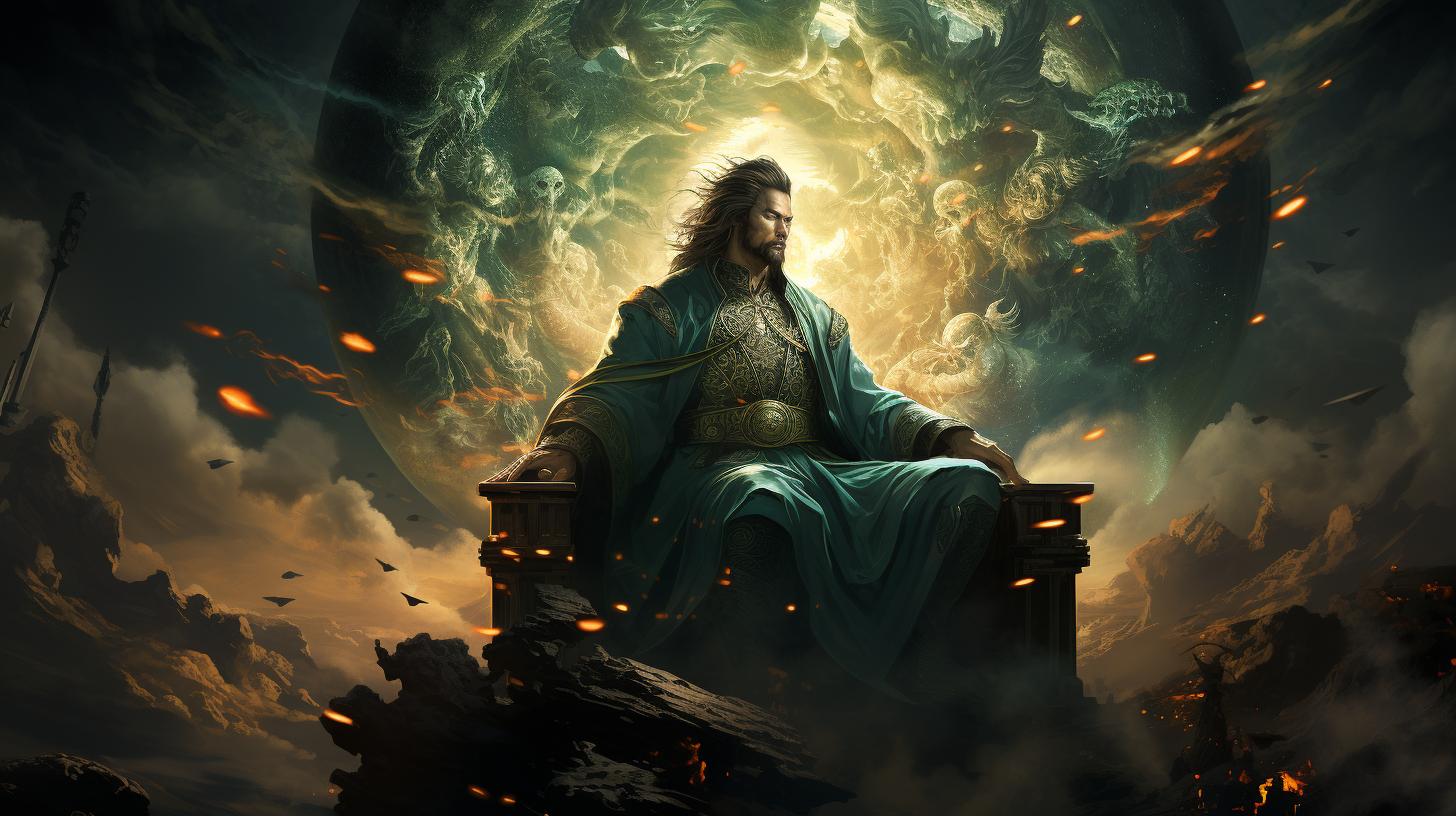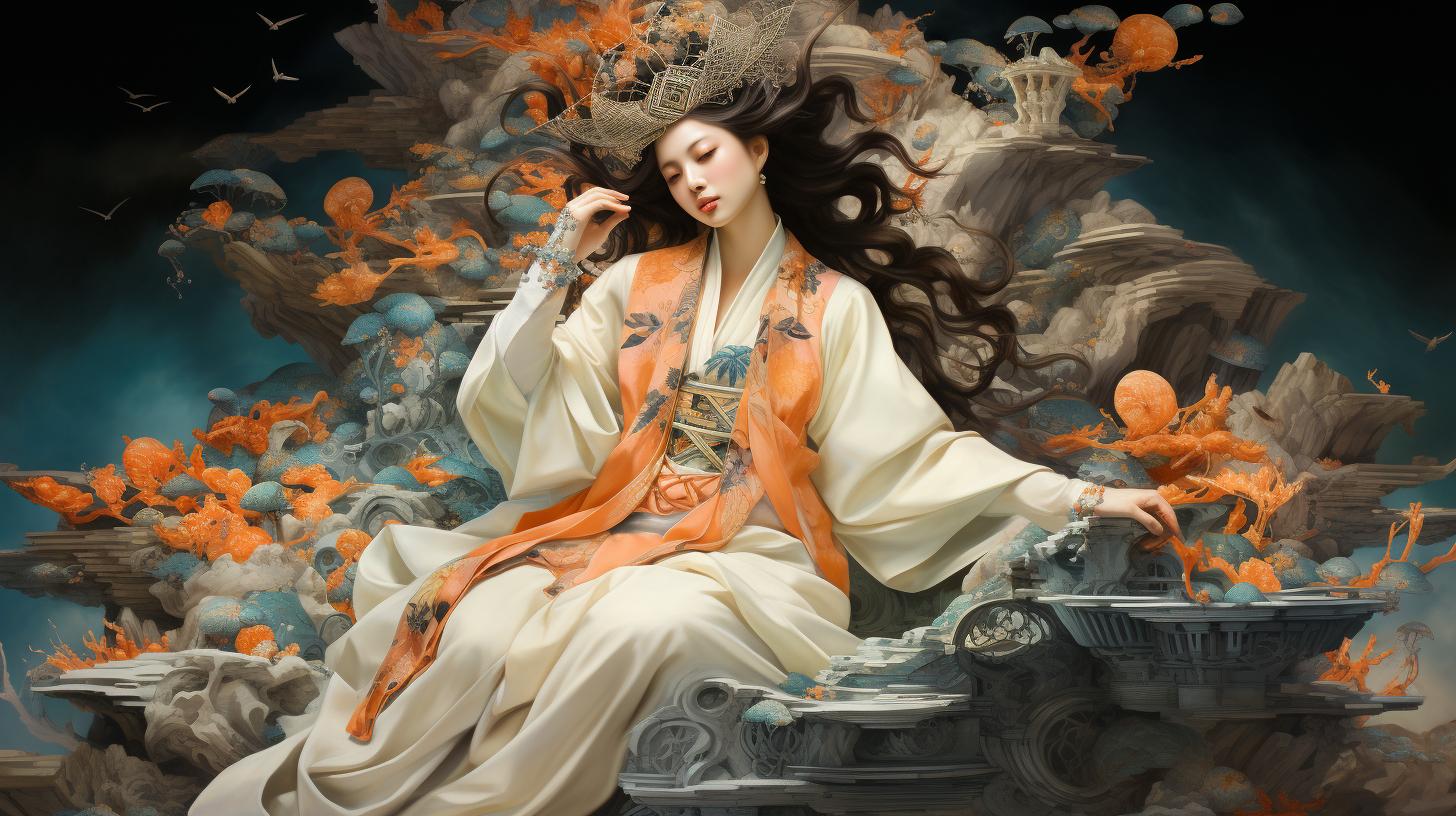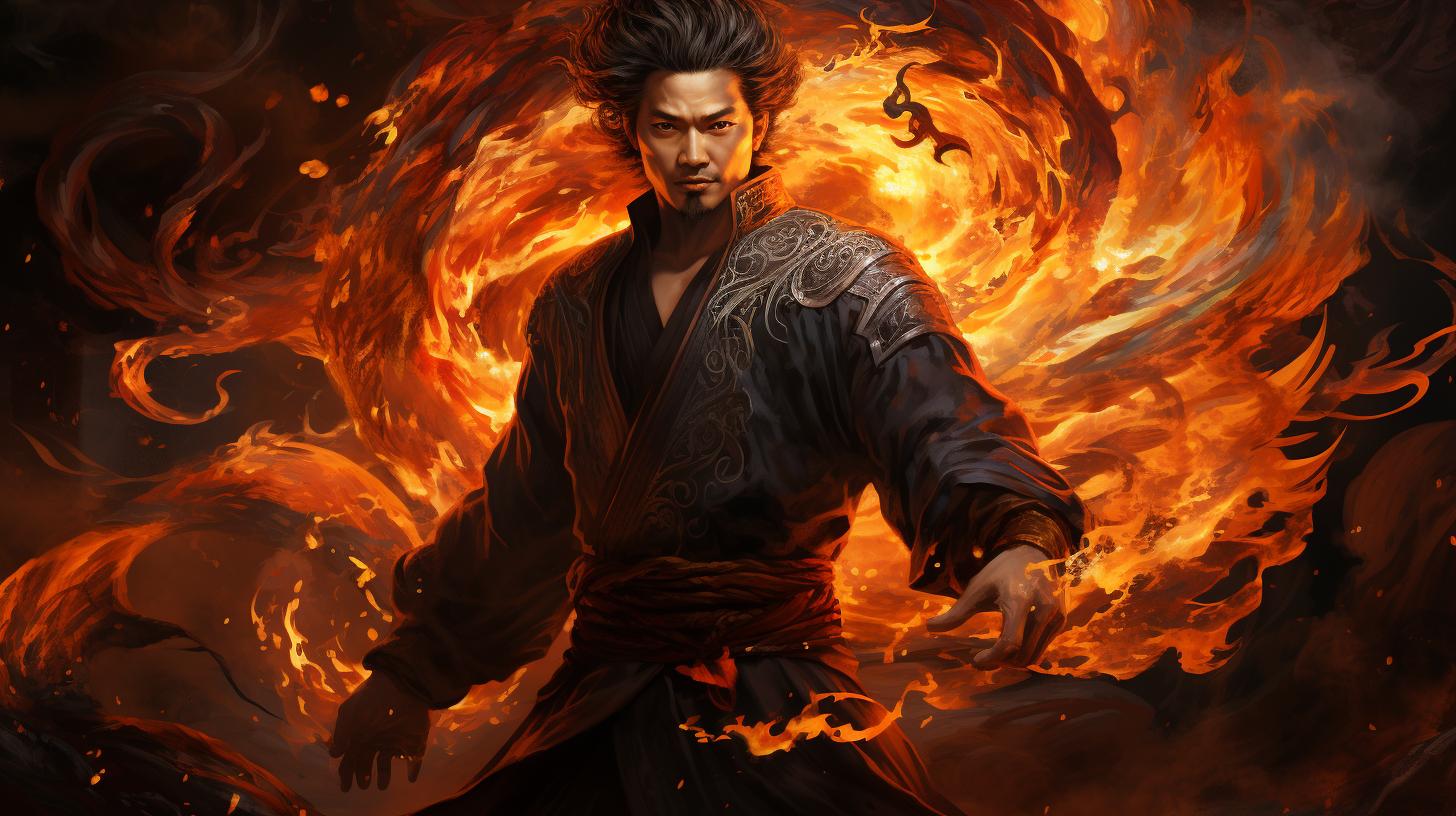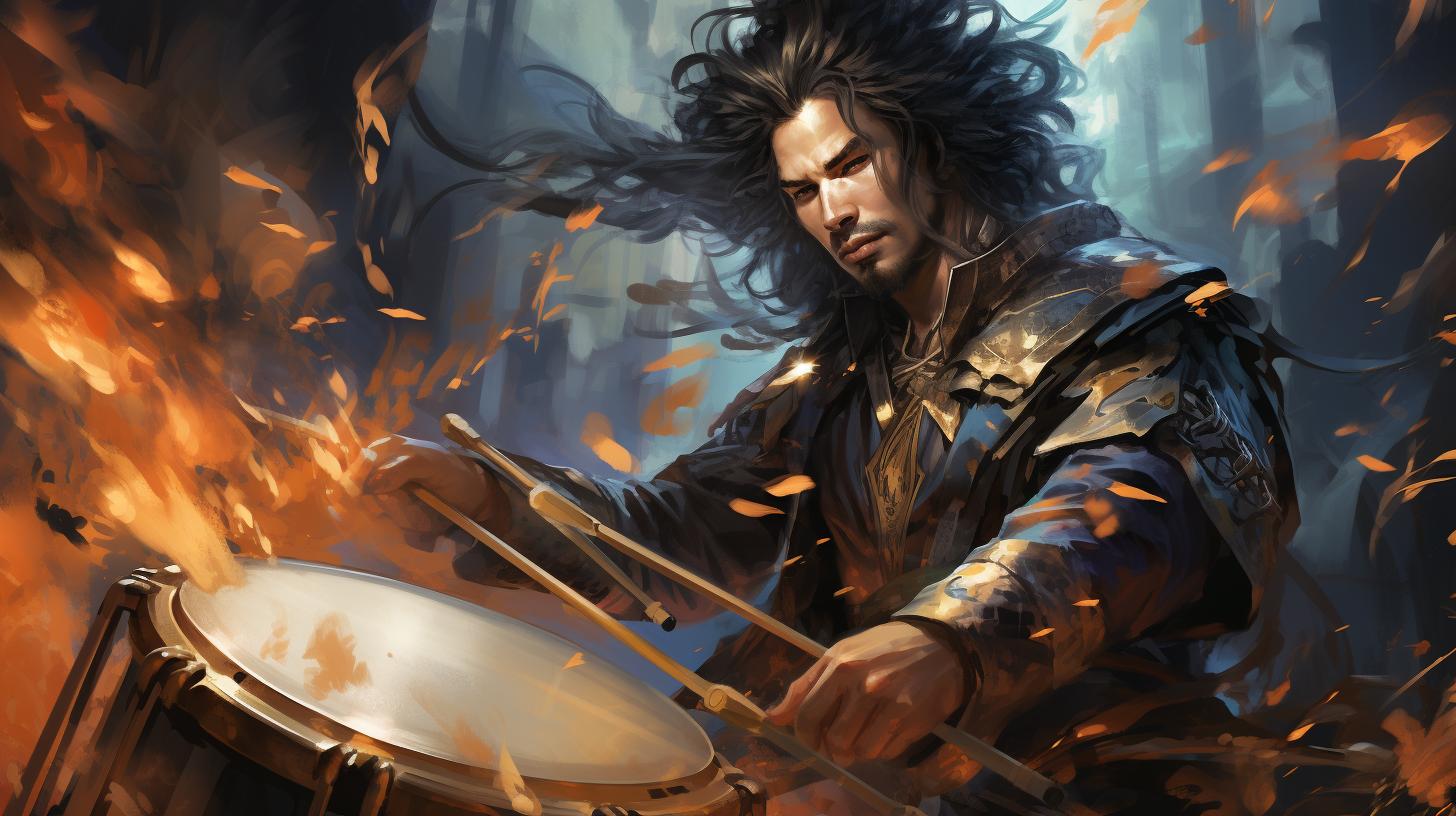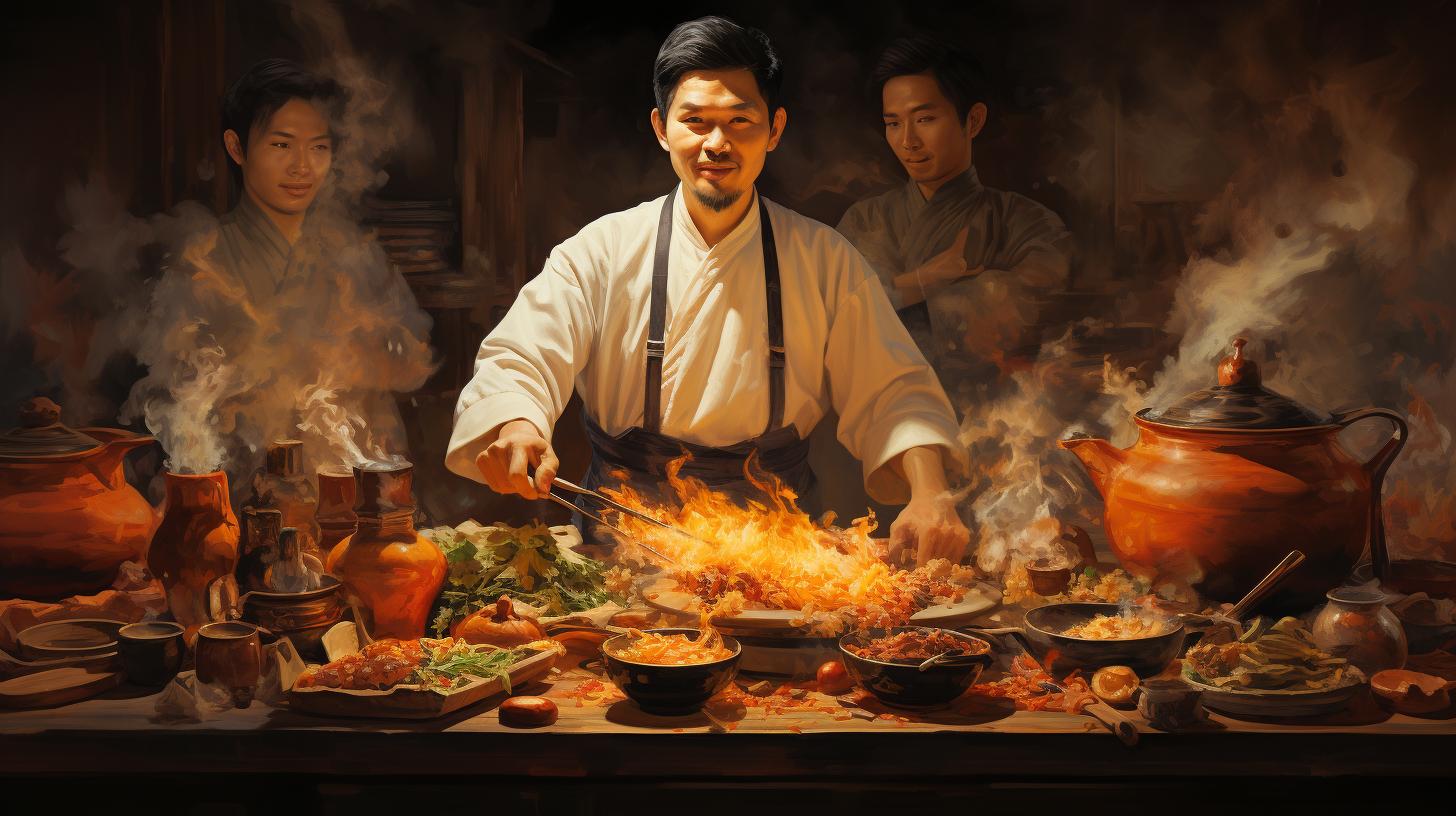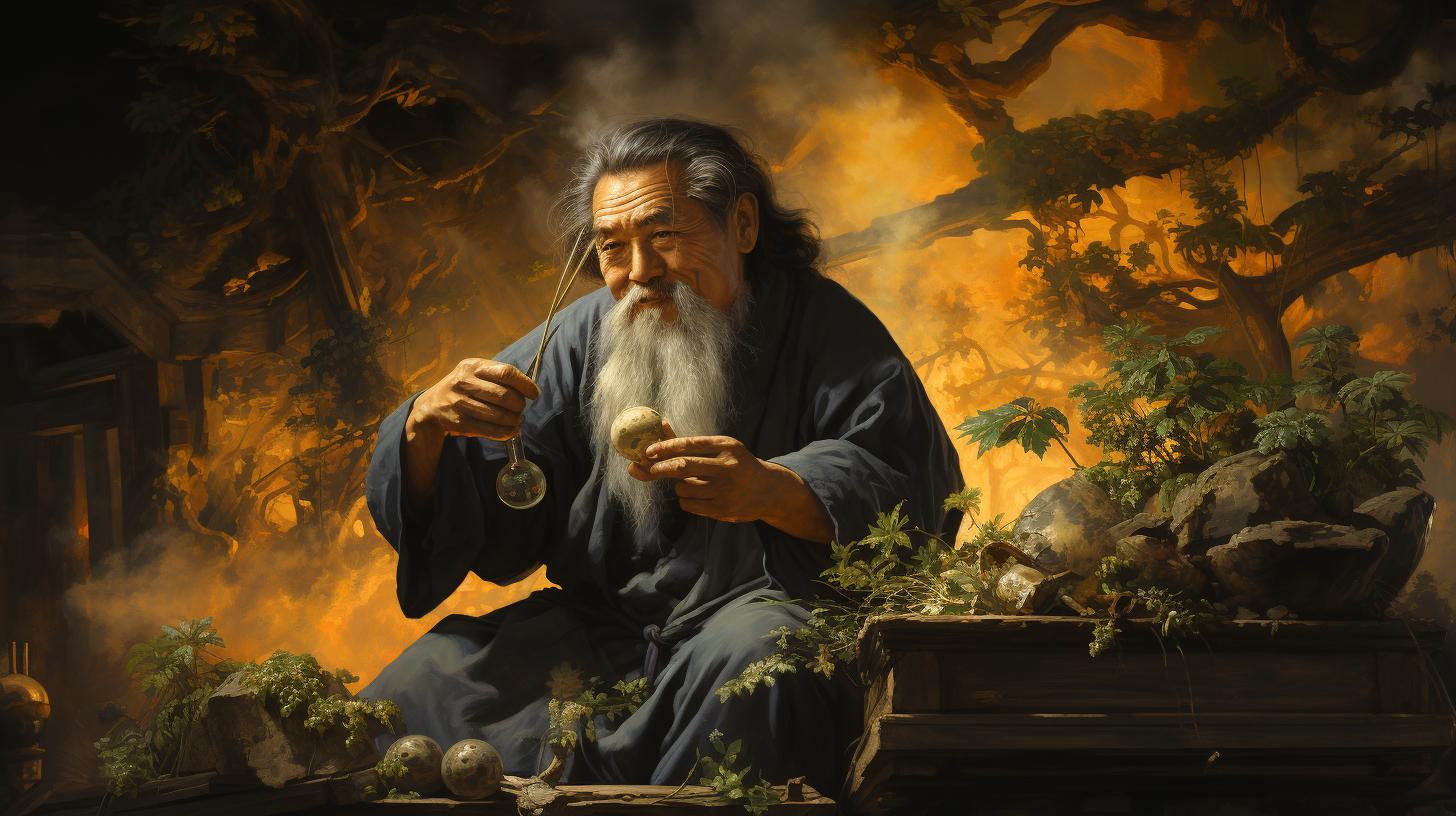What is Wenchang Wang: Exploring the Chinese Deity of Literature and Culture
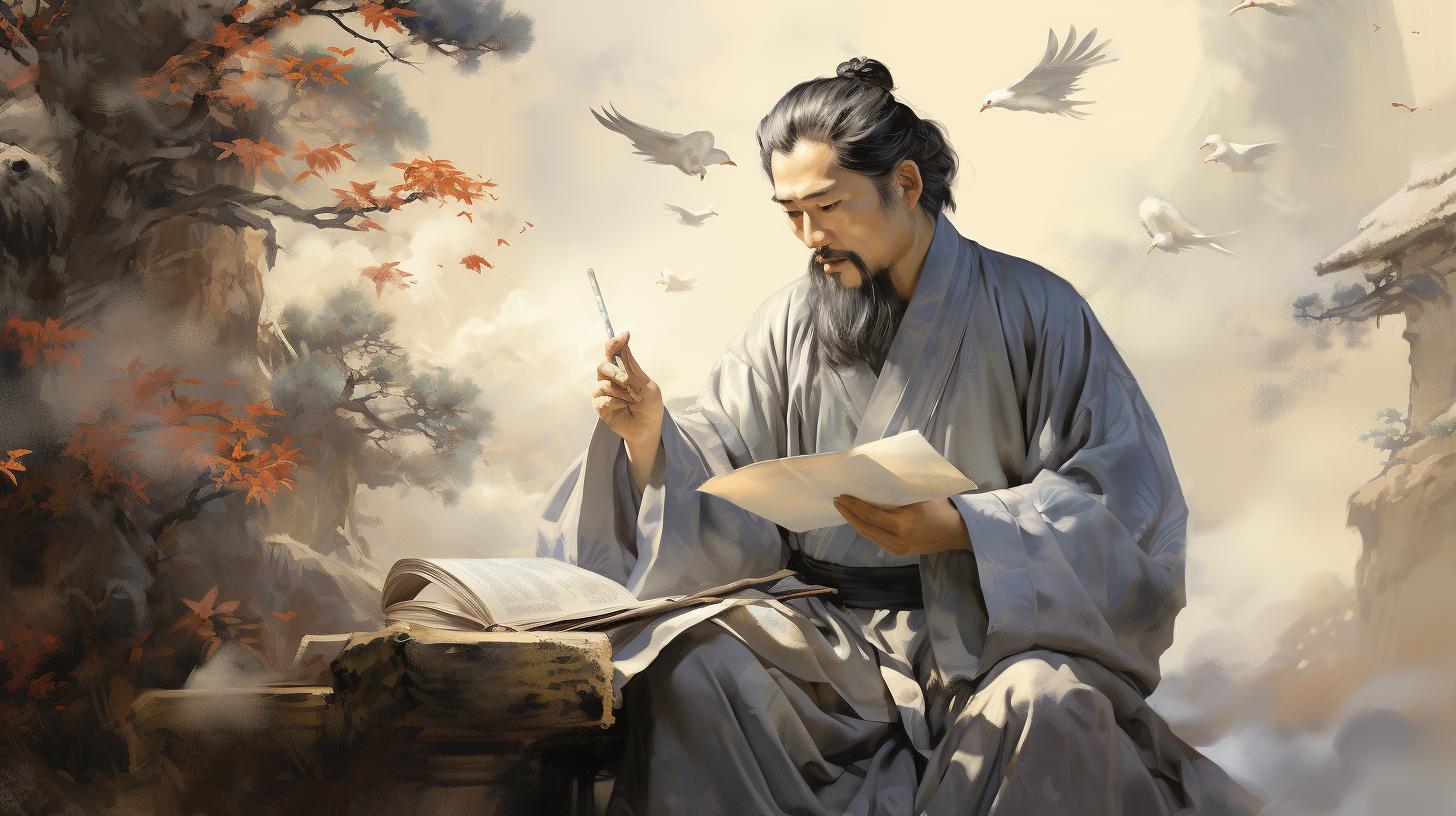
Wenchang Wang is a revered deity in Chinese culture, particularly among students, scholars, and aspiring writers. As the god of literature and culture, his significance is evident in the rituals and adoration associated with him.
Believed to be a heroic warrior named Zhang Yazi, he displayed remarkable virtue and compassion throughout his life. With multiple reincarnations, Wenchang Wang was officially recognized as a deity in 1314 and is worshipped in temples dedicated to his honor.
His influence extends to education, literature, and the pursuit of knowledge. This article explores the fascinating world of Wenchang Wang.
Wenchang Wang: Understanding the Chinese Deity
Origins and Mythology
Wenchang Wang, the revered deity of literature and culture in Chinese mythology, has a fascinating origin intertwined with ancient legends. According to mythology, Wenchang Wang was believed to be a heroic warrior named Zhang Yazi, who lived during the reign of Emperor Fu Jian in Zitong County.
Zhang Yazi’s extraordinary acts of compassion and bravery, such as selflessly sacrificing a piece of his own thigh to cure his mother’s illness, marked him as an exceptional human being from birth.
He later served in the army and met a noble death during a rebellion in 374 AD.
Zhang Yazi: The Heroic Warrior Turned Deity
Zhang Yazi’s virtuous character and noble deeds granted him multiple reincarnations, and he was sent back to Earth as a benevolent official in the Chinese government on a total of 73 occasions.
It was during the Yuan Dynasty, in the year 1314 AD, when Emperor Yu officially bestowed upon him the status of a deity, thus becoming Wenchang Wang, the “King of the Flourishing Culture.”
Reincarnations and Official Deity Status
Wenchang Wang’s divine presence can be felt through the worship and adoration bestowed upon him. Devotees visit temples dedicated to his honor, with the most significant ones located in the Nantun and Beitun districts of Taichung, China.
These temples serve as sacred spaces where individuals seek Wenchang Wang’s guidance and influence in their studies, important projects, and exams.
Worship and Adoration
The veneration of Wenchang Wang extends beyond temple boundaries, encompassing festivals and rituals that pay homage to his divine persona. An exemplary celebration is the Cultural Festival of Wenchang Wang, held annually in the province of Fujian.
This festive event showcases various cultural performances, exhibitions, and competitions centered around writing and calligraphy, emphasizing the deity’s profound contributions to literature.
Significance of Temples in Nantun and Beitun Districts
Temples dedicated to Wenchang Wang hold great significance in Chinese society. The Nantun and Beitun district temples, in particular, attract numerous devotees seeking inspiration, wisdom, and blessings for their literary pursuits.
Cultural Festival of Wenchang Wang in Fujian
The Cultural Festival of Wenchang Wang in Fujian province serves as an annual gathering to celebrate the deity’s profound influence on Chinese literature and culture. With diverse cultural performances, captivating exhibitions, and competitive events, the festival showcases the essence of Wenchang Wang’s contribution to the pursuit of knowledge and creativity.
Influence on Education and Culture
Wenchang Wang’s influence resonates powerfully within educational institutions. Many schools and universities have altars or statues dedicated to the deity, serving as constant reminders of the value of education and the quest for knowledge.
Altars and Statues in Educational Institutions
Educational institutions across China embrace Wenchang Wang’s influence through the presence of altars or statues dedicated to him. These symbolic representations serve to inspire students and educators alike, instilling a deep appreciation for literature, learning, and intellectual growth.
Importance of Wenchang Wang in Literature and Knowledge
Wenchang Wang’s reverence extends to his pivotal role in Chinese literature and the pursuit of knowledge. As the deity of literature and culture, his divine presence empowers writers, students, and scholars to immerse themselves in the richness of Chinese literary traditions, fostering a lifelong devotion to learning and intellectual growth.
Religious Practices and Devotion
The worship of Wenchang Wang is accompanied by various religious practices and acts of devotion. Devotees present offerings, engage in prayers, and participate in rituals associated with the deity. One of the notable practices involves the burning of small pieces of paper on which devotees write their wishes and aspirations.
Students, in particular, seek the divine guidance of Wenchang Wang, thriving for success in their studies, wisdom, and mental clarity when facing exams.
Offerings, Prayers, and Rituals
Devotion to Wenchang Wang involves a range of religious practices, including the presentation of offerings, heartfelt prayers, and participation in sacred rituals. These acts serve as expressions of gratitude, seeking blessings, and establishing a spiritual connection with the deity.
Seeking Guidance and Success in Studies
Students, aspiring writers, and scholars turn to Wenchang Wang as a symbol of inspiration and guidance. They beseech his divine intervention to excel in their academic pursuits, find clarity of thought, and navigate the challenges of examinations.
Through devotion and prayer, they seek his benevolence and the fulfillment of their educational aspirations.
The influence and significance of Wenchang Wang in Chinese society are deep-rooted, shaping the realms of education, literature, and cultural celebrations.
The deity’s mythical origins, worship practices, and profound impact on intellectual pursuits make him an integral part of the Chinese narrative, enriching the lives of countless individuals seeking knowledge, wisdom, and creative expression.
Wenchang Wang in Chinese Society
Wenchang Wang holds a special place in Chinese society, particularly among students, scholars, and writers. His revered status stems from his association with literature, knowledge, and the pursuit of wisdom. Let’s explore the veneration of Wenchang Wang in different aspects of Chinese society.
Veneration Among Students, Scholars, and Writers
Wenchang Wang is held in high regard by students, scholars, and aspiring writers throughout China. Many individuals turn to him for guidance and inspiration in their academic pursuits. Students seek his blessings before important exams, hoping for success and clarity of mind.
Scholars and writers, on the other hand, seek his influence and inspiration to excel in their creative works.
Historical and Cultural Significance
Wenchang Wang’s historical and cultural significance is deeply ingrained in Chinese society. His connections to Chinese history and imperial governance contribute to his revered status. As a deity associated with literature and erudition, Wenchang Wang embodies the values of education, scholarship, and intellectual growth.
His influence extends beyond belief, shaping the cultural fabric of Chinese society.
Connections to Chinese History and Imperial Governance
- Wenchang Wang’s origins as a heroic warrior named Zhang Yazi during the reign of Emperor Fu Jian in Zitong county are deeply rooted in Chinese history.
- His subsequent reincarnations and service as a benevolent official in the Chinese government symbolize his connection to imperial governance and the nurturing of talent.
- Wenchang Wang’s official recognition as a deity by Emperor Yu of the Yuan dynasty further solidified his historical and cultural significance.
Cultural Celebrations and Performances
In celebration of Wenchang Wang’s contribution to literature, various cultural festivals and performances are organized throughout China.
These events showcase the rich artistic heritage, with performances highlighting the deity’s influence on literary arts, such as poetry, calligraphy, and storytelling. The festivals serve as a platform for artists to express their creativity while paying tribute to the profound impact of Wenchang Wang on Chinese culture.
Impact on Literature and Education
The presence of Wenchang Wang is felt strongly in the realms of literature and education. Embracing his influence, educational institutions and literary societies have dedicated altars or statues to honor him.
These serve as reminders of the importance of knowledge, learning, and the pursuit of wisdom. Wenchang Wang’s presence in these settings inspires students and scholars to strive for excellence in their academic and literary endeavors.
Role of Wenchang Wang in Chinese Literature
- Wenchang Wang’s association with literature makes him a patron deity for writers, poets, and scholars.
- His influence transcends time, as his presence is often invoked for inspiration and guidance in the creative process.
- Chinese literature pays homage to Wenchang Wang’s contributions, depicting his wisdom, compassion, and impact on the literary landscape.
Promoting Education and Wisdom
Wenchang Wang’s reverence in educational institutions signifies the deep-rooted belief that education and knowledge empower individuals and shape a prosperous society.
Institutions venerate him as a symbol of intellectual growth, fostering a love for learning, and encouraging students to embrace the pursuit of wisdom. The ideals embodied by Wenchang Wang continue to guide students and scholars in their quest for intellectual development.
.

